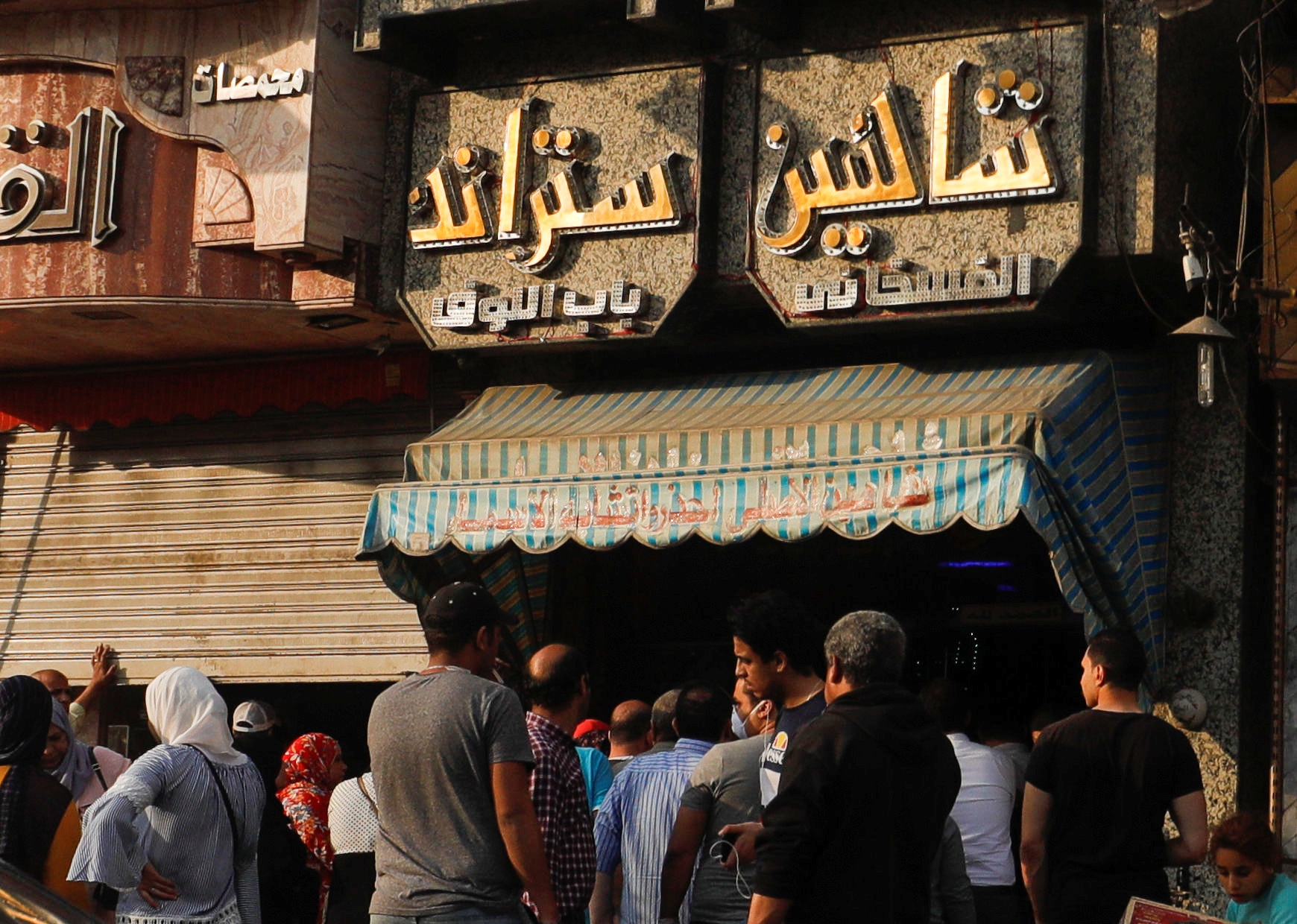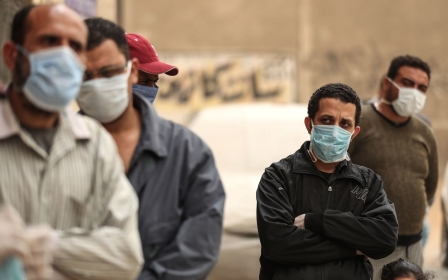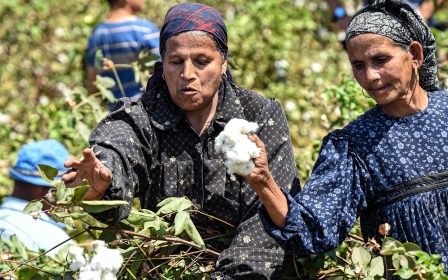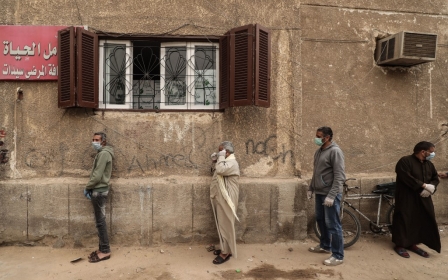Coronavirus: Egypt to halt public transport during holiday to limit crowds

Egypt’s government announced it is halting all public transport on Monday to limit crowds during the spring holiday of Sham el-Nessim as part of measures to curb the spread of coronavirus.
Prime Minister Mostafa Madbouly said on Thursday that his government has ordered the closure of public parks and beaches, in addition to suspending subway, rail, ferry and coach services to reduce gatherings on the popular holiday that is usually celebrated outdoors.
“We have noticed large crowds of Egyptians in the streets during the past three days, to a worrying degree,” he told a news conference, advising citizens to stay at home on Monday.
'We have noticed large crowds of Egyptians in the streets during the past three days, to a worrying degree'
- Prime Minister Mostafa Madbouly
“We understand that such decisions on this special day are very tough, and we appreciate the people’s desire to celebrate,” he said.
“But we care about the public’s well-being, and would like to leave that day with the least possible losses.”
New MEE newsletter: Jerusalem Dispatch
Sign up to get the latest insights and analysis on Israel-Palestine, alongside Turkey Unpacked and other MEE newsletters
Egypt has so far reported a total of 2763 cases of the virus, and 196 deaths as of Thursday evening.
Sham el-Nessim is an Egyptian national holiday celebrated by Egyptians of all religions marking the beginning of spring. It falls on the day after the Coptic Christian Easter, this year on Sunday.
Only food stores and pharmacies will be open on Monday, the prime minister said.
Egypt imposed a nighttime curfew on 24 March, currently in effect till 23 April.
The North African country, home to 100 million people, has taken stringent measures to curb the spread of the virus, including the closure of schools, universities, mosques and churches in addition to the suspension of flights.
Middle East Eye delivers independent and unrivalled coverage and analysis of the Middle East, North Africa and beyond. To learn more about republishing this content and the associated fees, please fill out this form. More about MEE can be found here.




